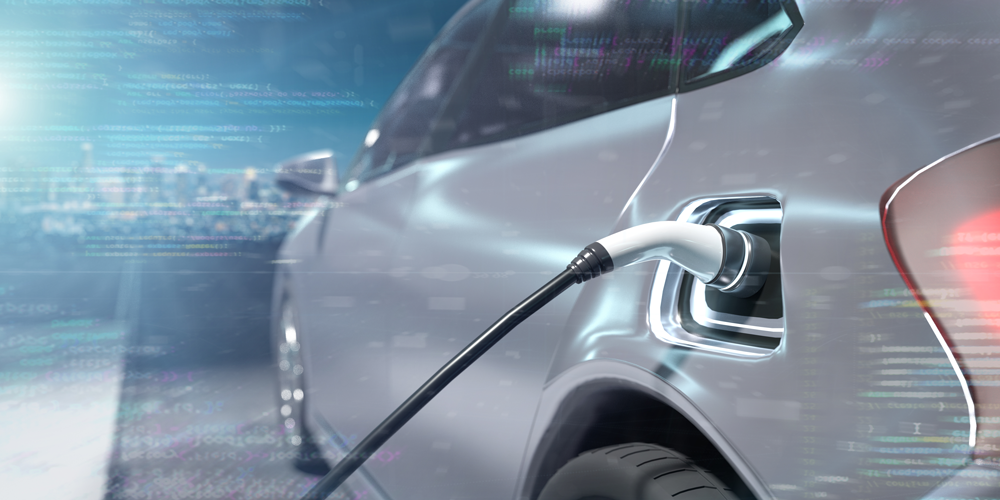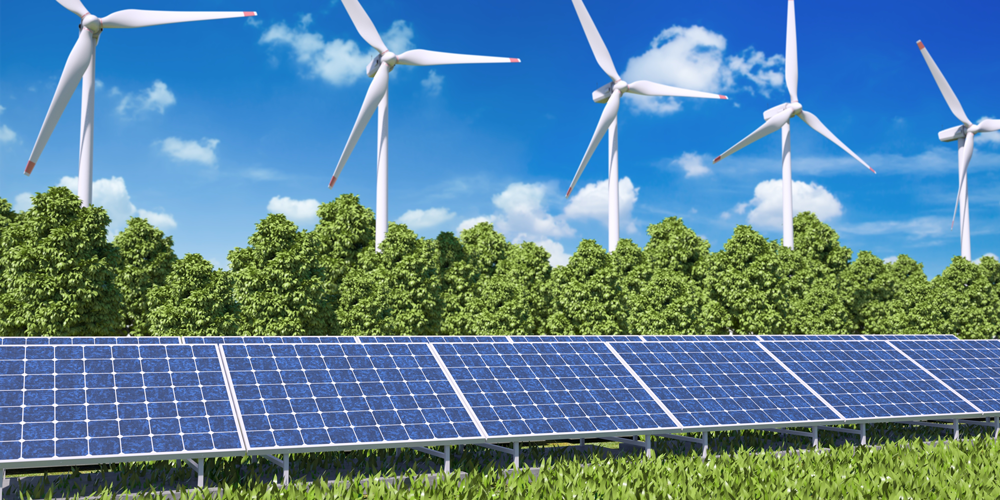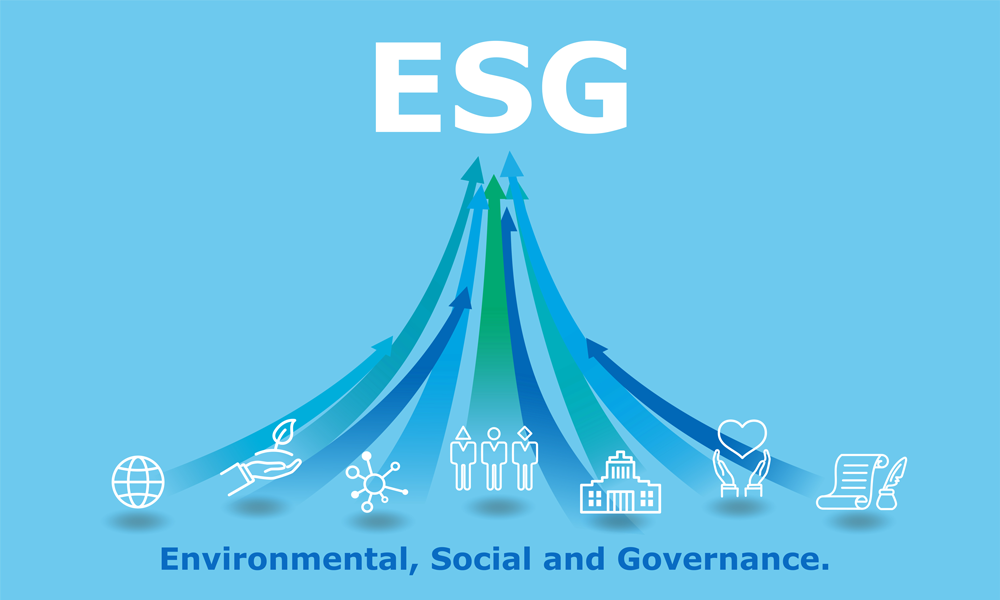Overview
The impacts of climate change and the need for global decarbonization are hot topics impacting policies, business decisions and personal behaviors that span virtually every country, company, and community around the world. The good news is there is now an overwhelming consensus that time is of the essence and mitigating actions are in progress for both the near-term and over the longer run.
While there are many public and private sector initiatives that are already underway, ultimate success will require a comprehensive and coordinated global approach.
Overview of Major Decarbonization Trends:
The Rise of Electric Vehicles
Electric vehicles (EVs) represent one of the most important initiatives in the global race to achieve decarbonization before climate change reaches an irreversible tipping point. In just the past few years, the accelerating adoption of EVs has shifted from previous rosy predictions to widespread reality.

According to industry analytics group, Statistica, “Worldwide electric car sales are estimated to have topped three million units in 2020. Between 2020 and 2026, the size of the global electric vehicle market is expected to increase over four-fold to reach an estimated global market size of some 725 billion U.S. dollars by 2026. This translates to a notable compound annual growth rate (CAGR) of more than 27 percent between 2020 and 2026.– Statistica.com
Reimagining Power Generation and Electrical Grids
Innovations in smart energy solutions will play an important role in global decarbonization, with energy generation methods and the transformation of energy grids representing critical focus areas. Replacing conventional fossil fuel electrical generation plants with clean energy sources such as solar, wind, hydroelectric, geothermal, and other green generation is a key element of smart energy.

However, these new generation methods cannot be optimized without a complementary overhaul in the design of electrical grids to improve both transmission efficiency and in-grid storage capabilities. Conventional electric grids have not incorporated storage in overall infrastructure architectures. This type of grid design has proven inadequate to maximize the potential of green generation techniques such as solar and wind that experience peaks and ebbs depending on when the sun shines or the wind blows. Without being able to store energy in the grids, this means that grids are either overwhelmed by green energy peak generation or a large part of the available energy goes to waste.
Transforming Personal and Commercial Energy Usage
The third key element in the smart energy spectrum is improving the energy efficiency of virtually all consumption scenarios, from consumer devices and smart homes to energy-efficient factories, buildings, transportation, communications, computer networking and other power-hungry applications.

A range of global governmental and accounting initiatives are helping drive transformational change by instituting both incentives and requirements for companies to adopt broad-ranging Environmental, Social and Governance (ESG) programs and policies. As a result, growing concerns among enterprises on corporate compliance and social responsibility are expected to positively impact decarbonization and sustainability trends.
As a global leader in technologies for smart energy, such as scalable battery designs, busbars, power interconnects, power conversion modules, etc., Ennovi is playing a key role across all these areas, including EVs, green power generation, high-efficiency grids with embedded storage, and improved efficiency for energy-using devices.
Summary
In addition to addressing an existential challenge for the world, decarbonization trends have created major market opportunities for innovative companies. The global green technology and sustainability market, valued at $9.57 billion in 2020, is expected to be worth $41.6 billion by 2028, according to a July report from the market research firm Fortune Business Insights.
Enabling a cleaner, more sustainable world through transformative technologies in the automotive, transportation and energy industries is a key part of our corporate mission. The goal of creating a cleaner, more sustainable world through the elimination of carbon emissions depends on deploying advanced technologies in the automotive, transportation and energy industries.
At Ennovi, we are proud to be a leading innovator, committed to partnering with game-changing companies across the Automotive, Aviation, Information and Communications Technology (ICT), and Green Energy sectors. Ennovi solutions are driving innovation in advanced EV drivetrains, battery systems, fuel cells, and energy storage solutions.
As our customers build new-generation EVs, transportation systems, and energy grids, they depend on innovative Ennovi solutions such as advanced EV drivetrains, battery systems, fuel cells, and energy storage. On the power generation side of the equation, we are also a key partner to many of the leading renewables players, helping them create innovative high efficiency solar, wind and other green power generation platforms.
For more information about solutions for reducing energy usage and driving decarbonization, visit Ennovi at www.ennovi.com or drop us an email at communications@ennovi.com.
